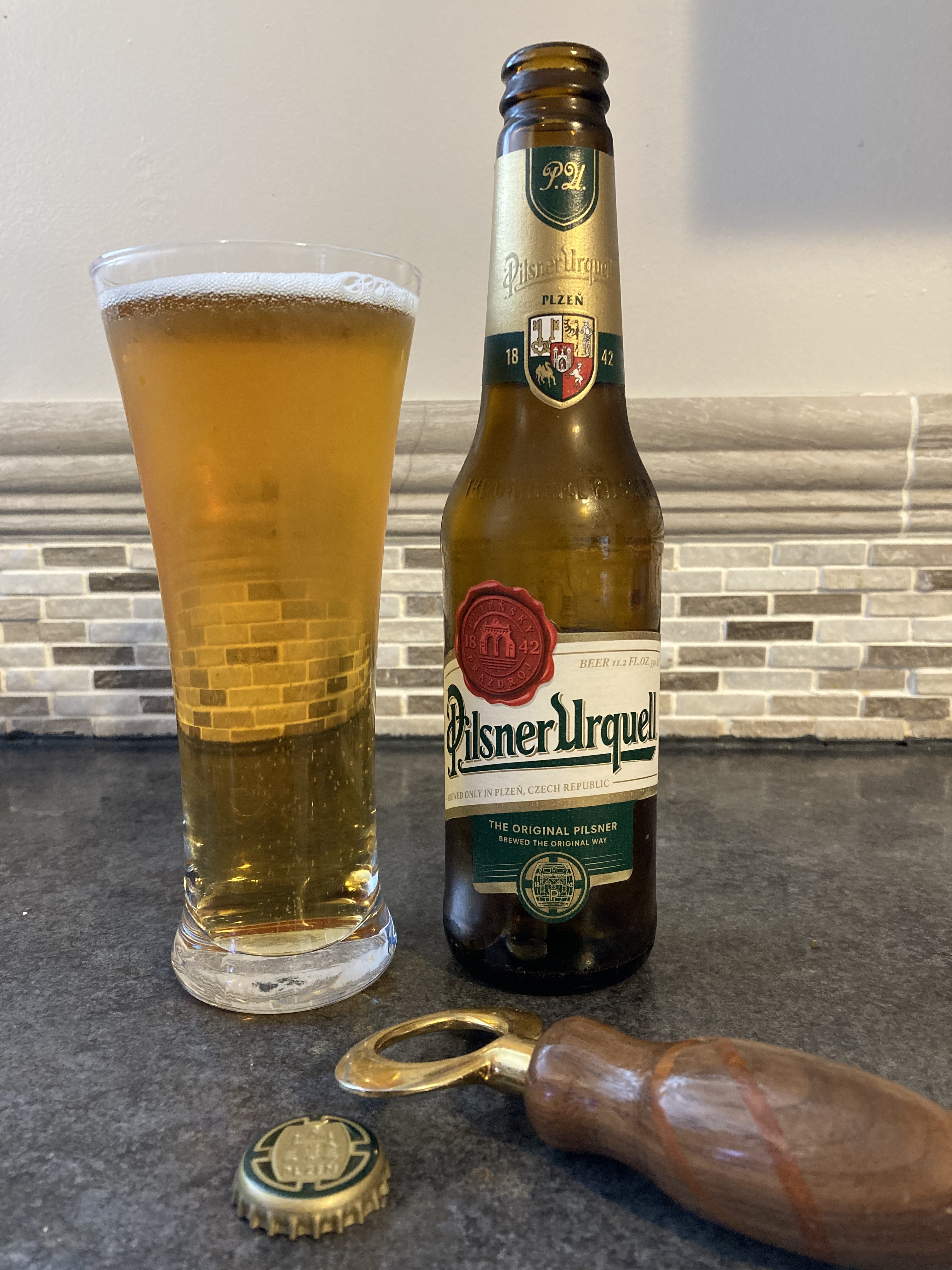This thread made me stop to appreciate just how long it's been since I had an actually skunky beer (probably almost 20 years).
Guess that is a benefit of craft brewing and improved beer science and distribution.
But I do remember Heineken being a notable offender. And St.Pauli Girl. I suspect my previous disinterest in German beers was largely influenced by the stale, skunky examples I experienced.
Guess that is a benefit of craft brewing and improved beer science and distribution.
But I do remember Heineken being a notable offender. And St.Pauli Girl. I suspect my previous disinterest in German beers was largely influenced by the stale, skunky examples I experienced.
Last edited:






















![Craft A Brew - Safale S-04 Dry Yeast - Fermentis - English Ale Dry Yeast - For English and American Ales and Hard Apple Ciders - Ingredients for Home Brewing - Beer Making Supplies - [1 Pack]](https://m.media-amazon.com/images/I/41fVGNh6JfL._SL500_.jpg)




































